
WELCOME TO ANIMAL AND FOOD SCIENCES
Our programs cover a wide range of scientific disciplines that support the safe and economical production of domestic livestock animals and quality foods, as well as the care, health, and use of companion animals. In the field of animal science, disciplines include virology, physiology, nutrition, microbiology, immunology, molecular biology, engineering, biochemistry, genomics and animal management. In food science, we cover the disciplines of food safety (microbiology), chemistry and engineering, as well as the culinary aspects of food.
Our research addresses contemporary and future scientific challenges using cutting-edge technologies. Our goal is to assist and support stakeholders in the poultry, livestock and food industries.
Where high quality programs intersect with a dynamic living/learning laboratory — a 350-acre working farm!
Our graduate programs

The animal and food sciences department is proud to highlight it's six graduate program tracks. Our graduates are successfully prepared for professional schools (e.g., veterinary and medical), or to further their education through advanced degrees (Ph.D. programs and post-doctoral positions).
Many of our alumni are employed in the fields of biotechnology, food product development and safety, pharmaceutical research, vaccine development and testing, agricultural feed and nutrition industries, as well as government administration and policy.
Featured video
University of Delaware students show off the versatile Anatomy and Physiology Instructional Lab: youtube.com/watch?v=PI2gfF1WlYc
Faculty Spotlight
Assistant Professor of Animal Science
Prof. Gaab's interests include preventative care and husbandry practices of dairy and beef cattle, small ruminants, equids, camelids, and swine as well as animal welfare and compliance of university and commercial standards in dairy and beef cattle, small ruminants, equids, camelids, and swine.
Latest news
-

How to Grill Meat Safely—According to Science
June 18, 2025 | Written by Amanda Heidt of Scientific AmericanFood microbiologists, including Department of Animal and Food Sciences faculty member Kali Kniel, explain how to ensure different proteins, such as beef, chicken and pork, are prepared safely. Just as the human body houses billions of microorganisms, Kniel notes, animals also “have a naturally occurring community of bacteria that colonizes their gut and skin.” -
UD alumna Jessica Berkeridge provides veterinary care and second chances
June 17, 2025 | Written by Molly SchaferNative Delawarean and alumna Jessica Berkeridge is a veterinarian and the owner of Summit Bridge Veterinary Hospital in Bear, Delaware. A Blue Hen with a big heart, Berkeridge spent 18 months rehabilitating Cheyla, a severely wounded pit bull, while she attended veterinary school. The experience led Berkeridge to open Cheyla’s Rescue Foundation, a 100 percent volunteer-run, no-kill animal shelter. -
Found in translation
June 12, 2025 | Written by Diane StopyraBlue Hen Makenzie Dowlin has received a Critical Language Scholarship to study Swahili in Tanzania. This ultra-competitive program supports the study of languages critical to U.S. national security and global engagement. For eight weeks, she will immerse herself in Swahili as a citizen diplomat.







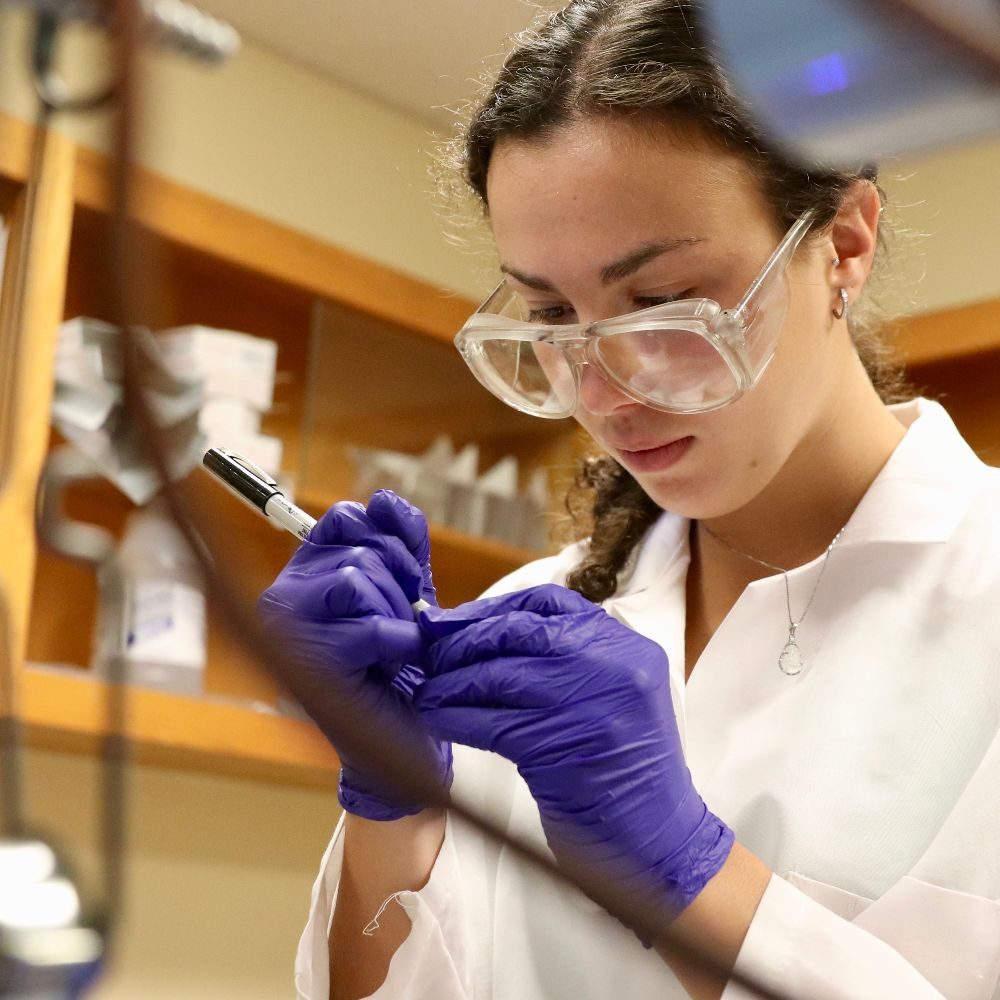
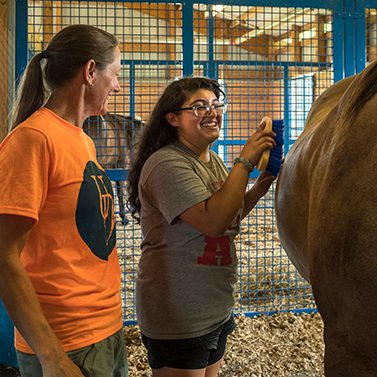
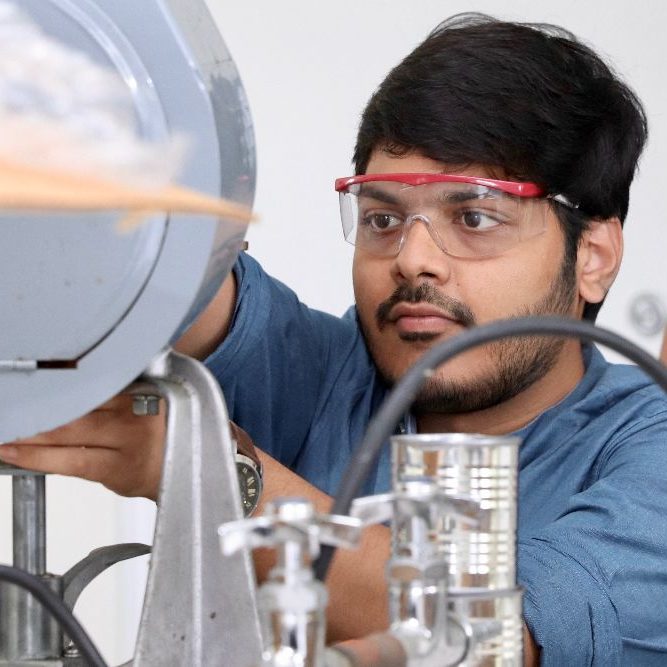
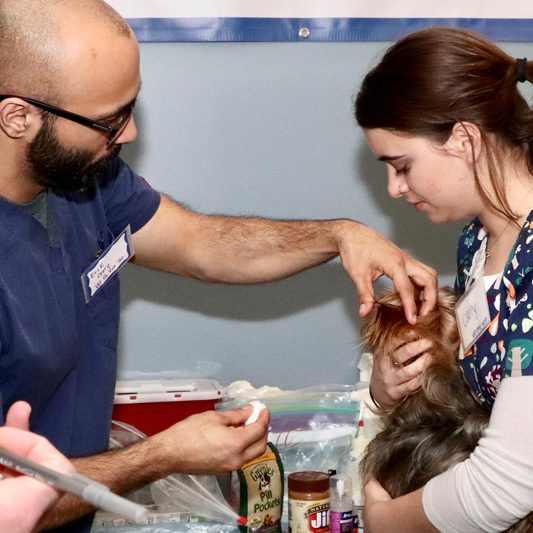

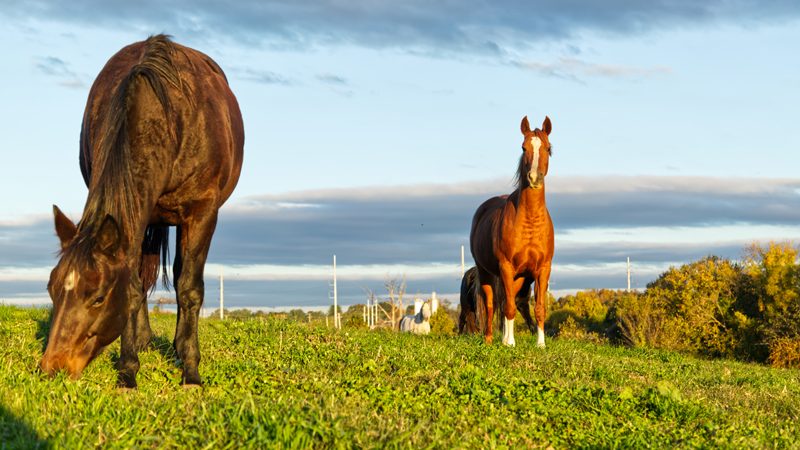
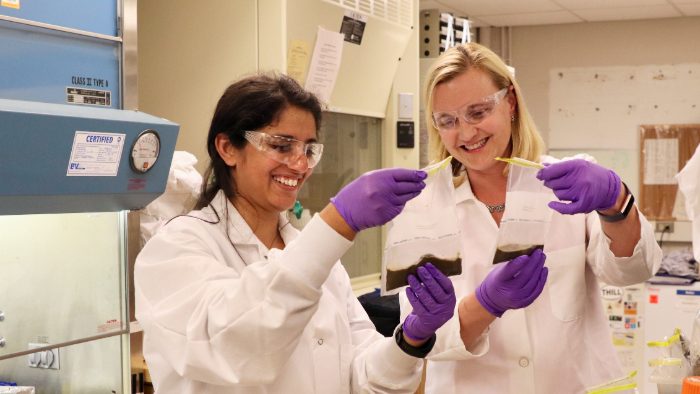
 Upcoming events
Upcoming events